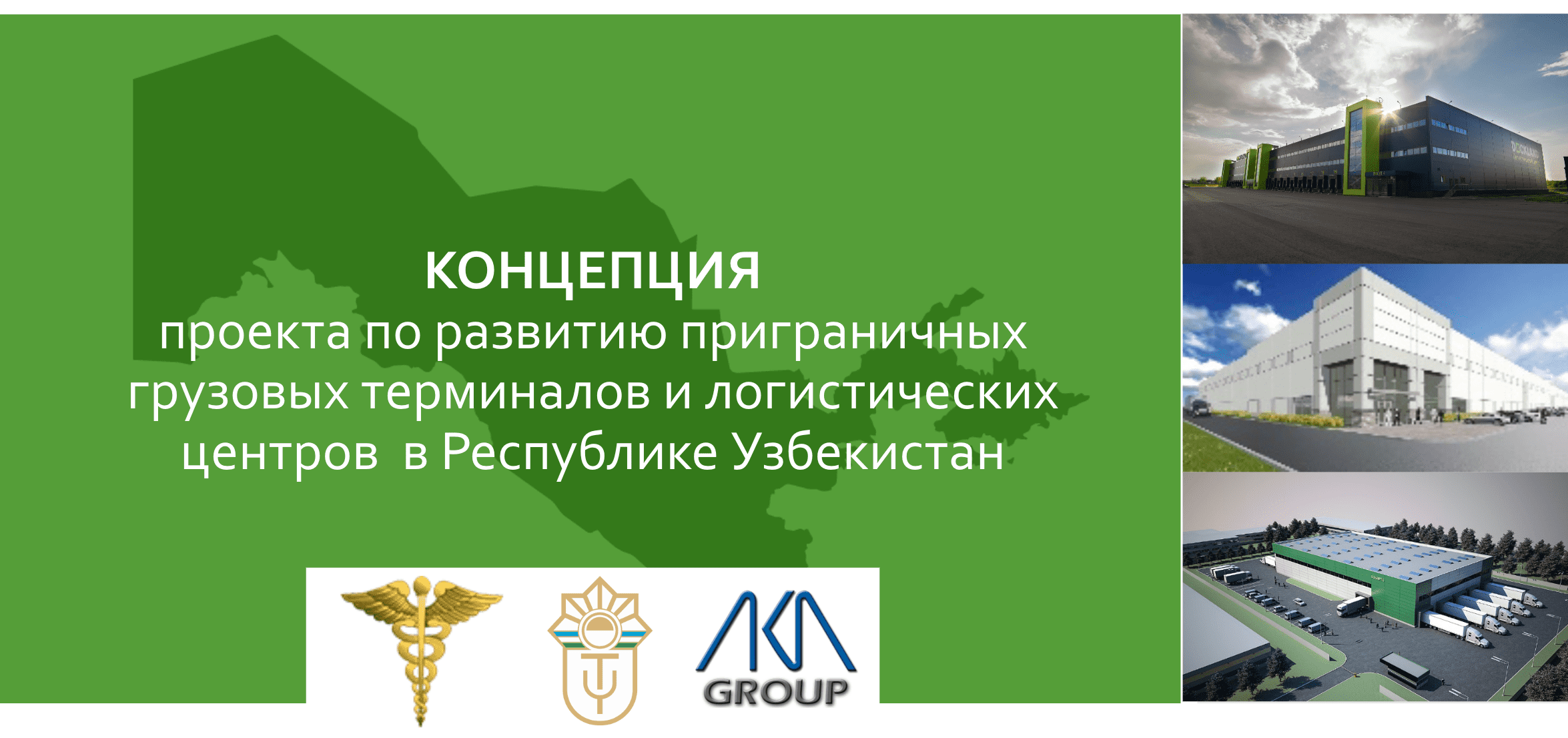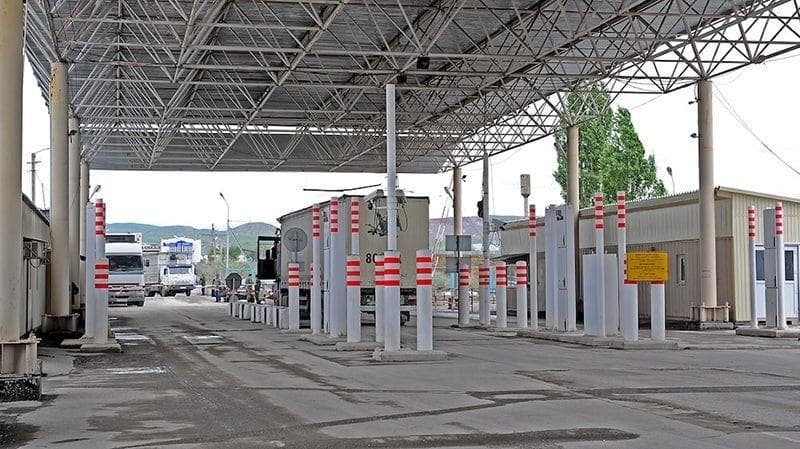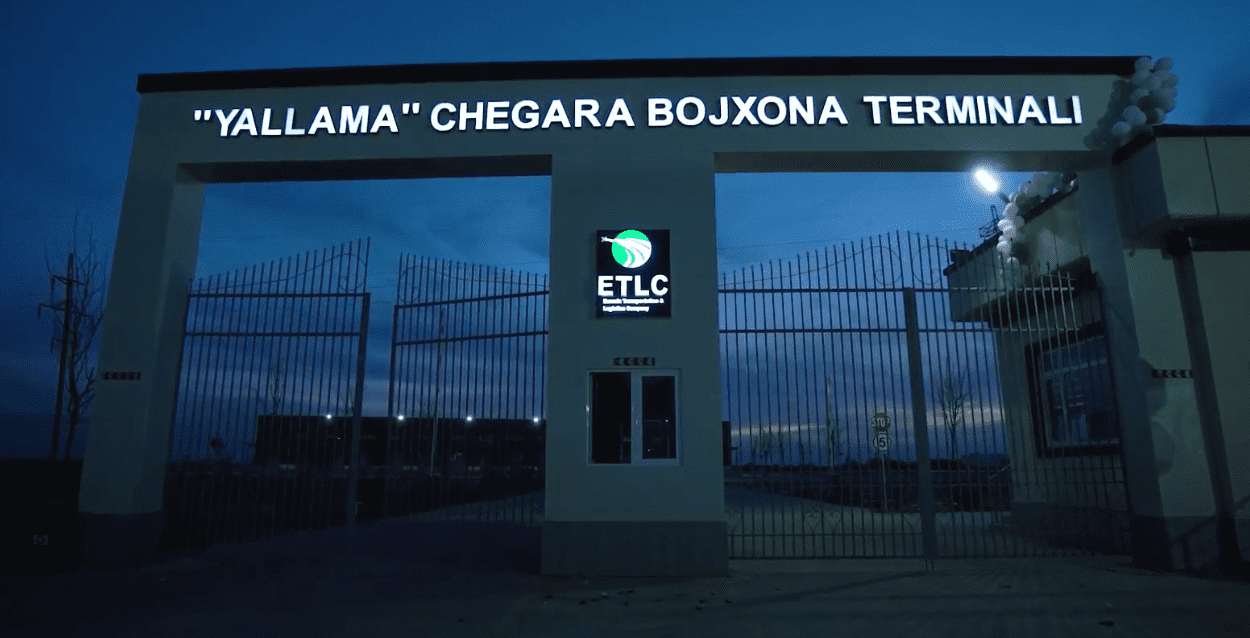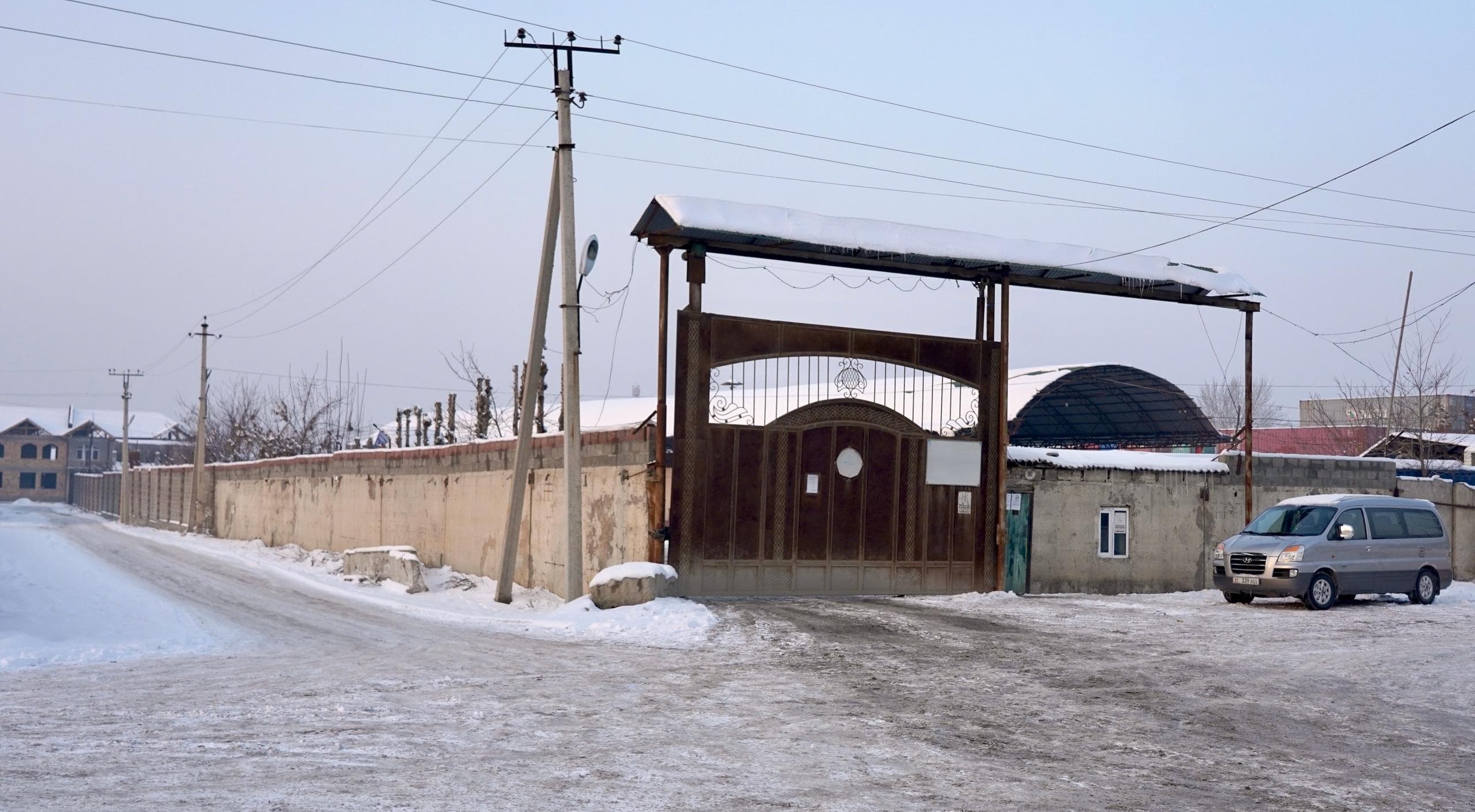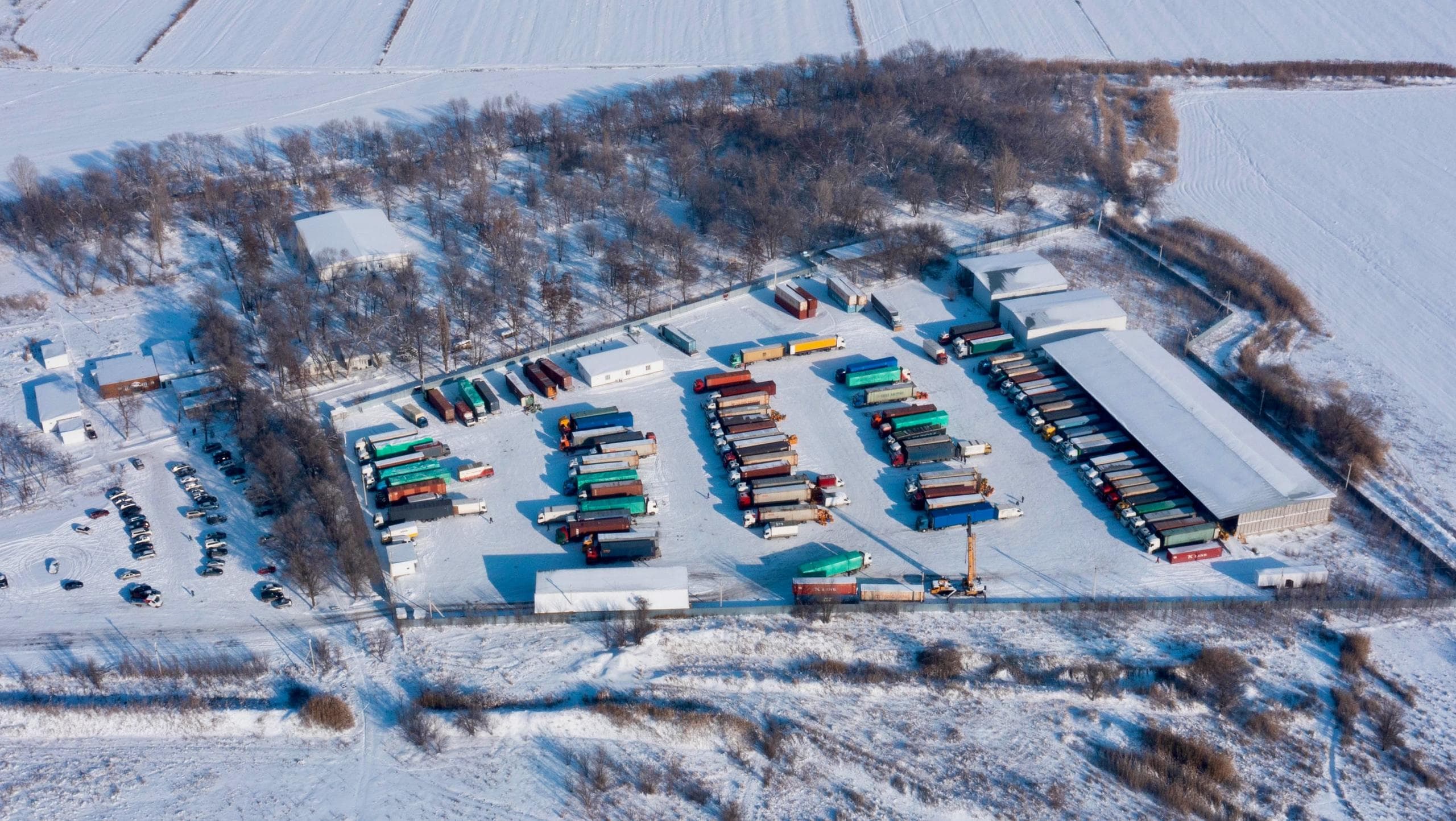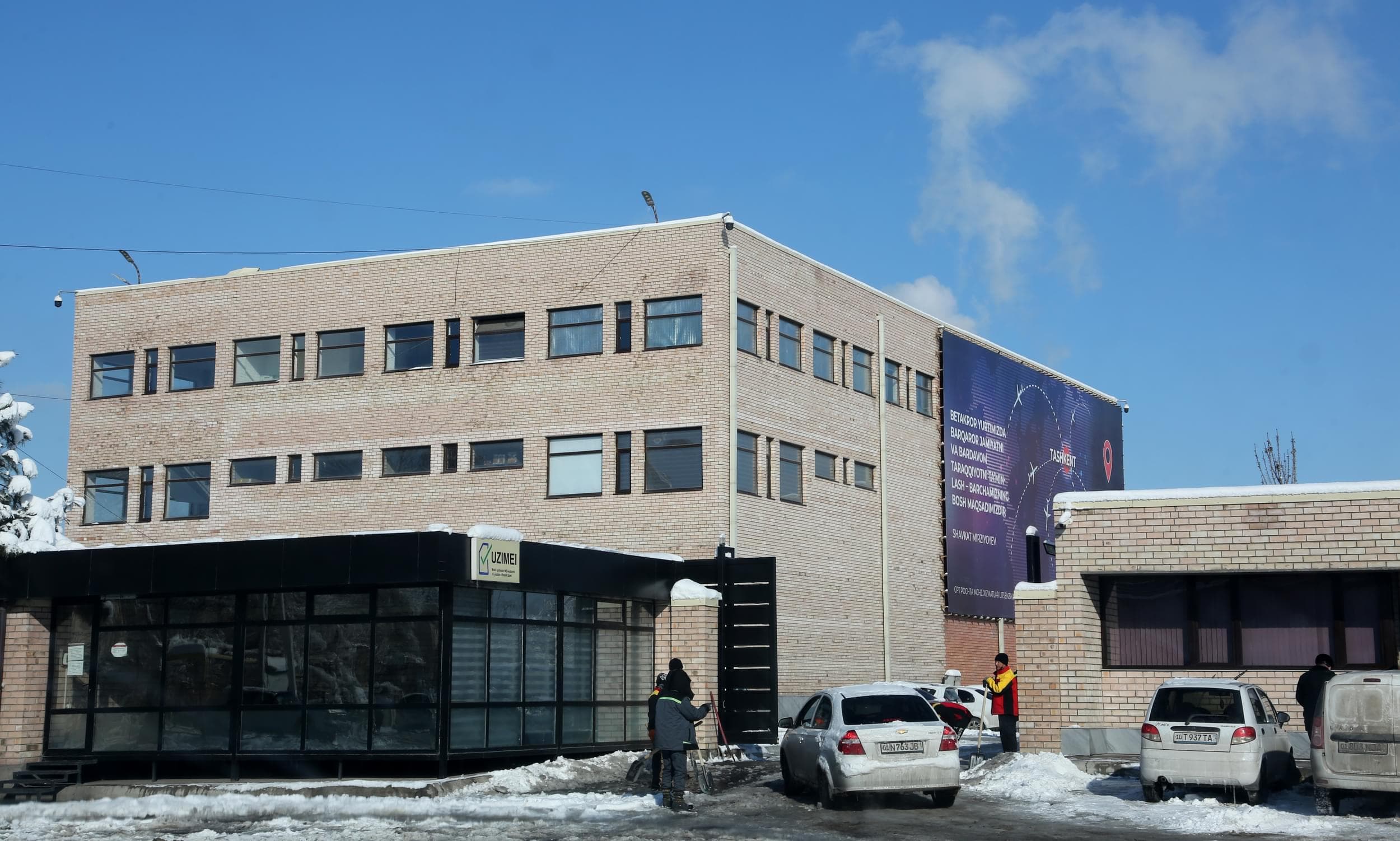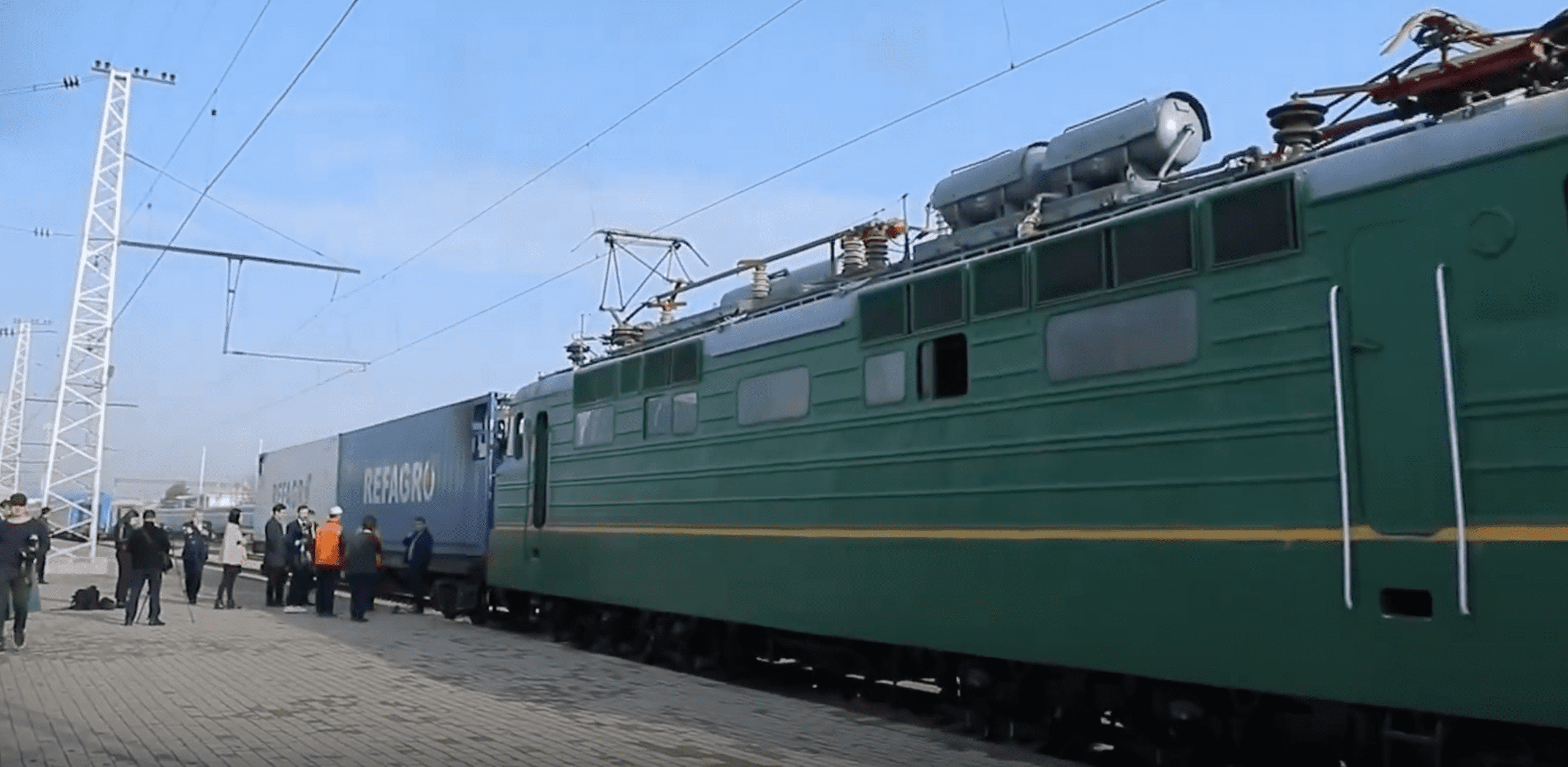Back to list of assets
' width='2560' height='1707' xlink:href='data:image/jpeg%3bbase64%2c/9j/2wBDAAYEBQYFBAYGBQYHBwYIChAKCgkJChQODwwQFxQYGBcUFhYaHSUfGhsjHBYWICwgIyYnKSopGR8tMC0oMCUoKSj/2wBDAQcHBwoIChMKChMoGhYaKCgoKCgoKCgoKCgoKCgoKCgoKCgoKCgoKCgoKCgoKCgoKCgoKCgoKCgoKCgoKCgoKCj/wAARCAArAEADASIAAhEBAxEB/8QAGwAAAgMBAQEAAAAAAAAAAAAABAUDBgcCCAH/xAA0EAACAQIEAwUGBQUAAAAAAAABAgMEEQAFEiEGMUETFCJRYQcycYGRsRUWI0JVk6HB0eH/xAAaAQEAAgMBAAAAAAAAAAAAAAACAQUAAwQG/8QAHxEAAgICAwEBAQAAAAAAAAAAAQIAEQMxBBJBIVHB/9oADAMBAAIRAxEAPwACOm9MFR0x8sMqOm7elgnVSBKuoKeYF8fTPRQxxvNVQRpISFLuBqI2Nr49KuZGAIO5RsjqSCNQWOmI6YKip/TEiV%2bWfyFH/WX/AHgB%2bKcthqJYgksrRnnFZ9QvbULdMS2RVFkwhGbQjmGmBG4vg2npSnuDw%2bR/xhLDxblqrdoK617bQE/bDOm4ryYyxxtJPG7kBQ8JHPGo5kPsYxuPI7poNuWGMNMCLEbHEsEUZGzx/JhhjFTMOgOCzSRMeyqglnjjhpJKjWFB0Rkm3rzsMD8S5TJH2Qr1Ekie4JowxUE8wd9rjHf57oOD1emrIXeScB1aOxIG45HptgOu4upeKM9RqKOoWOOhUM00ei5Mynbc3%2bOKFFAxdwxBl2zE5epUVB6vJ8mpKQ1GYCkp4gxXW4K3PS1uuIk4aySWDvELx9iyl%2b0WZlUD1vywN7QMsr6%2bky2Ggp5qhknZ3WIXsNt/lgXI6g1eS5yC0lQaVQ5KQWIHiuCD5bb4SO5H1zuYQt1Q1GUfDdDJMop2YpIupWWYsOdsKeIsl7gi1NPVOLSLC0SyFx4hpN9za97464Z4ggpqKpnmSZYKeznw3axBNwPkMQVtpO1FFUx1lLWxmoppIY2ViyyK2lg1t9j188JHKsSGuj%2bbH8hZQQBW4AIHifRKWja17EkHHrXhEd/4ayqruG7WmjYm97nSAftjypXZZnOa1Inp6F9KqEICs7c9x4V2tf6Ys%2bU%2b1LP%2bC6OTIzC8iZcYrkRh/BIbc2Fx0sPU47%2bRzA4oTjXj1uWHMciyt5XrBXVqSbRiT9HU%2b5sNGmw94nod/hhU2XDJeLZqioeaWnCJGprJDolA6aktoF7W25464nbso3WMKih%2bSqBf1PmfXGb5jUTTVcrSyOx0qNzt9MVINg15O/0Tf6fI8pzOlfvdOxnZgYo%2b9yOqi/VgeZHUXxDlPAeX0tTMaKM0IlOl2crMrCx6MN/%2b4r3stjXuH7jZ2IuxNuWNPi3juQLi3TGwP8qoCpvcQLwRSQSaoPwqoOm3joEVvhcX%2b2H9FQvSxBG7ERjlGkYsPQeWCVPiHocSsxDG3mR/bEdzM6iLayKZ1Pd6GO7NqZZZEVT9AfTCKt4Jps1qMzmzAU0RzCkjpZEgTVYRvrVgTbe9umLY5LI2o3vtgaUdkpVNgRc4NxVP/9k=' /%3e%3c/svg%3e)
Business: Trading
"Abu Sahiy": Uzbekistan’s Largest Wholesale Market
Cost
Unknown
Location
Tashkent, Uzbekistan
Status
Active
Links to Money Laundering
$19 million
Wired by Khabibula Abdukadyr’s self-confessed money launderer to the German Abdukadyr company that purchased the bazaar.
Owner: Tashkent Trade Center (Uzbekistan)
Photo: OCCRP
Links to Money Laundering
$19 million
Wired by Khabibula Abdukadyr’s self-confessed money launderer to the German Abdukadyr company that purchased the bazaar.
